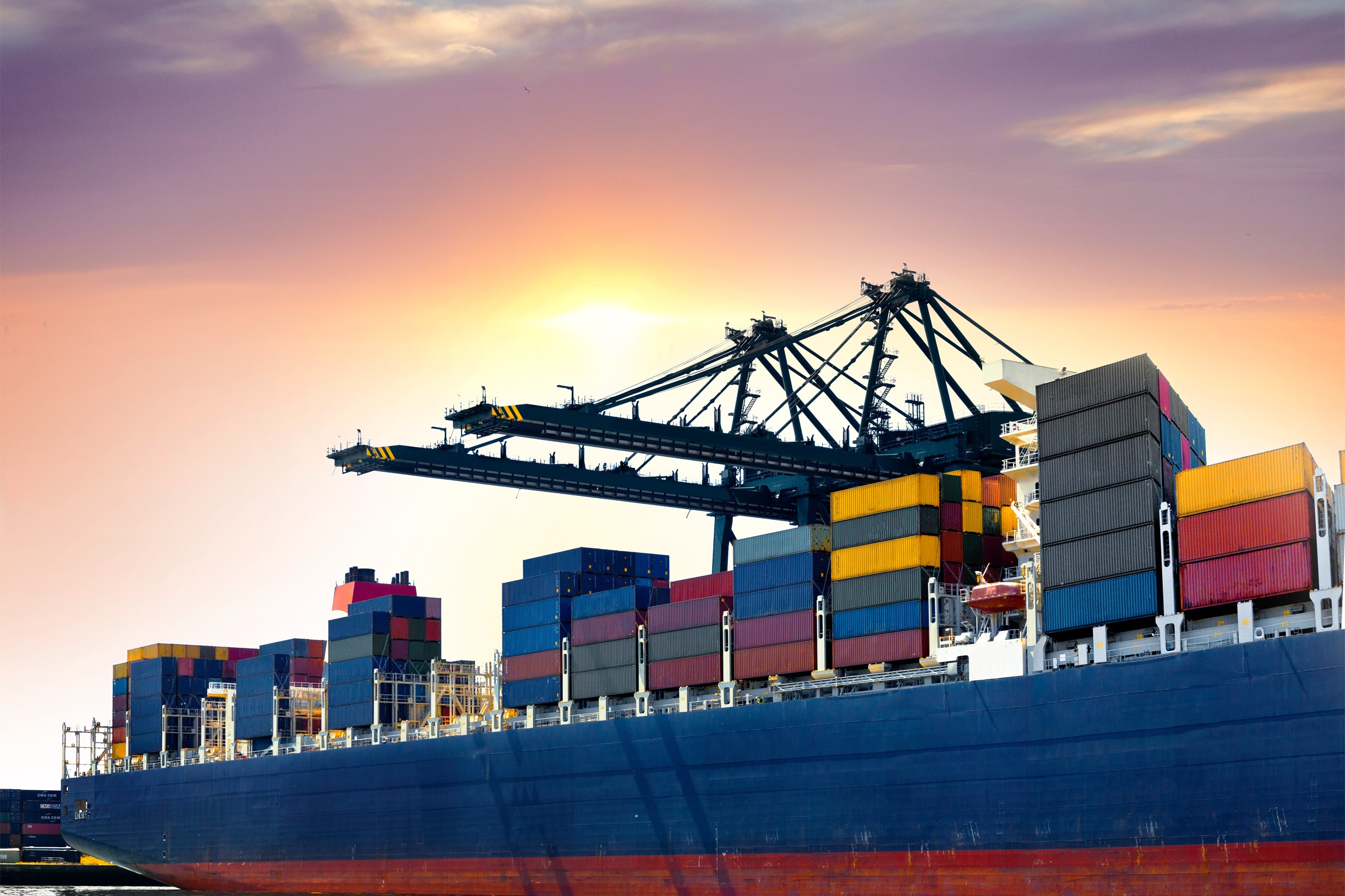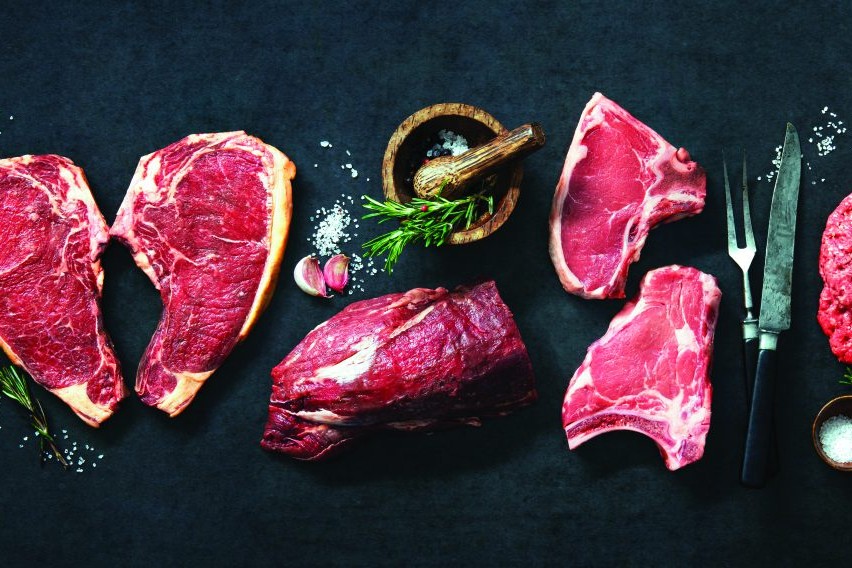Lamb prices have been good for John Scott, in Tain, Ross-shire, Scotland, but the clouds of Brexit could change all that.
While there is no doubt coronavirus dominates the headlines everywhere we look in the United Kingdom at the moment, our old mate Brexit is starting to get a little more air time and deservedly so. Depending on the deal that’s done by the end of the year it could have a seriously negative impact on sheep prices which from our point of view just wouldn’t be cool.
I hope for the sake of those that have bought store lambs at record prices (25% up on last year) that this isn’t the case and export demand remains strong.
We opted to sell most of our lambs store this year, conserving grass and forage for breeding sheep while easing the workload and our cashflow challenges.
Lambs above 35kg were retained for finishing, however, and most of them will depart in the next few weeks leaving only those special characters who will likely be with us for the long haul before finding room in a freezer.
UK consumption of beef and lamb has also risen during the summer with consumers unable to eat out due to covid restrictions spending more on higher quality cuts for eating at home.
Fiona sells beef to locals by the box and over the past 12 months we have seen a steady increase in demand for both our £100 and £200 (NZ$196 and NZ$393) boxes of assorted cuts of meat, burgers and sausages prepared by a friend who runs a butchers shop alongside his farm.
Although not a big part of our business it gives us a good outlet for our smaller Beef Shorthorn and Luing heifers which usually kill at around 250kg carcaseweight at 18-24 months and by selling them this way we can add £200-300 to their bottom line.
What it also does is bring us closer to the consumer giving us a better understanding of what they desire, feedback is very positive and we all need to be told that what we produce is awesome now and again, the knock-on effect of hearing that for us is extremely valuable.
At present we are recruiting which is challenging at the best of times but given the pandemic is almost impossible. People are nervous about travelling and rightly so and our own team are nervous about others coming on to the farm, again you can’t blame them.
Meetings via zoom and facetime are impersonal and similar to buying a sheepdog, you can’t beat getting them onfarm to see what they are actually like, are they liable to chase the cat, fight with the current dog or do a runner at a key moment?
Usually when in between staff we can take to the web to find some travelling Kiwis who normally understand the volumes of stock we are working with but they are as rare as a game of rugby over here at the moment and will be for some time to come.
Our theory is that we should be able to source UK-based youngsters who have finished college/university and that instead of heading away on their overseas adventure might like to head north to us for a spell. Time will tell whether our search proves fruitful, we will keep you posted.
Autumn has suddenly decided to kick in with real purpose, we have received over 10% (76mm) of our annual rainfall in the last 24 hours, thankfully harvest is over and most straw has been stored for winter use.
It’s been a really good year with malting barley, our main cereal crop averaging over 8 tonnes/hectare which is certainly a record for us. Quality has also been good but that’s where the fairytale ends, uplift by grain buyers has been woefully slow and what they are paying is also very disappointing.
We feel our product is worth £180 (NZ$353) plus per tonne and some of our barley sold forward will have realised that amount but the rest of our contract will be based on the price at harvest which sits around the £130 (NZ$255) mark, the same price as feed barley.
If we average somewhere in the early £150s that will be above the £140 cost of production.
More grass has been and will be sown. Although I can drive a tractor I’m mechanically challenged and until No2 son (only child showing any interest in the dark arts of machinery) gets to grips with it livestock is the way ahead for us.




